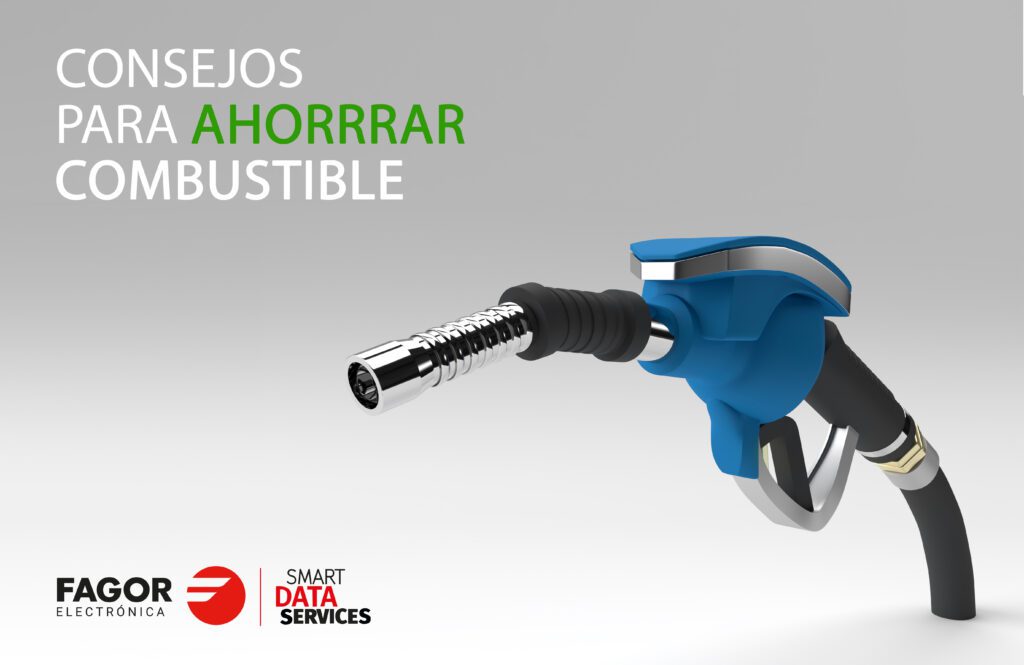Fuel is one of the main costs that any company whose activity is directly related to the mobility of its employees must face. Goods transport companies, passenger transport companies, companies with fleets of vehicles or cars are faced with the question of how to save fuel, and we are not talking about a minor problem due to the price of petrol.
Ways to save fuel in a vehicle fleet
Planning a way to save petrol or fuel in a fleet of vehicles and managing the management of that plan is becoming increasingly important. The savings made have a direct impact on the company´s bottom line, which is why the benefits of saving fuel are so important.
But reducing petrol and diesel consumption generates an economic impact, it also creates environmental savings of considerable magnitude. Reducing fuel consumption as a company policy leads to an environmental improvement, reducing the carbon footprint and greenhouse gas emissions.
Fuel saving tips
There are a few ways to save fuel in a fleet of vehicles, here are some useful tips for saving fuel and controlling consumption:
- Fleet monitoring:
It is essential to maintain a good and correct control of the fleet, by means of a good fleet management system. With the use of a fleet manager we can immediately know the records of each of the cars, routes or consumption, allowing us to locate the abnormal records and find out what the causes of these are, with the aim of finding a solution and correcting the anomaly.
- Maintenance control
Linked to the first tip, the correct maintenance of the vehicle fleet allows us to reduce fuel consumption. In order to keep control of the maintenance schedules, it is essential to have a fleet manager, on which we can rely to have a correct management of the entire fleet and its maintenance.
- Vehicle condition monitoring
In addition to the maintenance, the condition of the vehicles should also be checked (daily if possible). In this type of check, it is common to detect, for example, poor tyre condition, the replacement of which will save fuel consumption.
- Driving monitoring
In addition to the situation of the vehicle itself, we need to monitor the driving of our drivers in order to observe whether they are applying efficient driving techniques in their daily performance. The driving control offered by a fleet manager will support our monitoring work.
- Training
For our drivers to be able to apply the most appropriate techniques for efficient driving, we must invest in proper training to provide them with the right tools to apply efficient driving.
- Route planning
Another element that has a direct impact on fuel savings is correct route planning. Choosing the fastest route, adjusting the road situation to our vehicle or the weather forecast, will have a direct impact on saving fuel in our fleet of vehicles.



